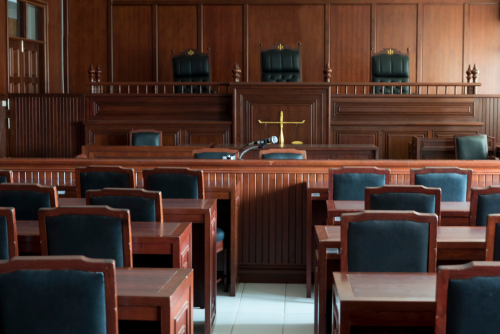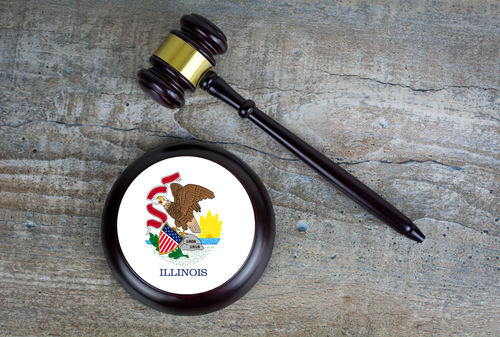Kagan and 3 conservative justices dissent as Supreme Court blocks Texas restrictions on social media
U.S. Supreme Court
Kagan and 3 conservative justices dissent as Supreme Court blocks Texas restrictions on social media
June 1, 2022, 10:29 am CDT
Image from Shutterstock.
The U.S. Supreme Court voted 5-4 on Tuesday to temporarily block a Texas law that bans large social media companies from restricting posts based on viewpoint.
The decision is a win for two industry groups that had sought to block the Texas law on the ground that it interfered with social media companies’ First Amendment rights, report SCOTUSblog, Reuters, Bloomberg Law, Politico, the New York Times, Law.com, CNN, Law360 and the Associated Press.
Four justices dissented from the Supreme Court’s decision to grant the emergency request to block the law. They are Justices Elena Kagan, Clarence Thomas, Samuel Alito and Neil Gorsuch.
Republican Texas Gov. Greg Abbott had said when he signed the law, it would stop social media companies from silencing conservative ideas.
The 5th U.S. Circuit Court of Appeals at New Orleans had allowed the law to take effect after a federal judge found that it interfered with the First Amendment right of social media platforms to exercise editorial discretion.
The 5th Circuit stayed the federal judge’s injunction blocking the law, and the Supreme Court vacated the 5th Circuit stay, which kept in place the federal judge’s injunction blocking the law.
In a separate case, the 11th Circuit at Atlanta blocked a Florida law that bars social media companies from banning political candidates, deprioritizing political messages or censoring content by journalistic enterprises.
Kagan did not state a reason for her dissent in the Texas case. Alito issued a written dissent, joined by Thomas and Gorsuch.
Alito said vacating a stay requires a showing of a substantial likelihood of success on the merit, but it is unclear whether the parties making the emergency request are likely to succeed under existing law.
“It is not at all obvious how our existing precedents, which predate the age of the internet, should apply to large social media companies,” Alito wrote.
Alito cited three arguments by Texas. One is that large social media companies affected by the law (those with at least 50 million active monthly users) have “common carrier-like market power” justifying regulation. Another is that the law is permissible because it requires the companies to refrain from discrimination, rather than requiring them to host any particular message. The third is that social media companies hold themselves out as a neutral forum and don’t generally convey ideas, allowing greater regulation.
“I reiterate that I have not formed a definitive view on the novel legal questions,” Alito wrote. “But precisely because of that, I am not comfortable intervening at this point.”
Legal experts told Politico that the 5th Circuit and 11th Circuit split could mean that the Supreme Court will eventually review the case on the merits.
The case is NetChoice v. Paxton.






